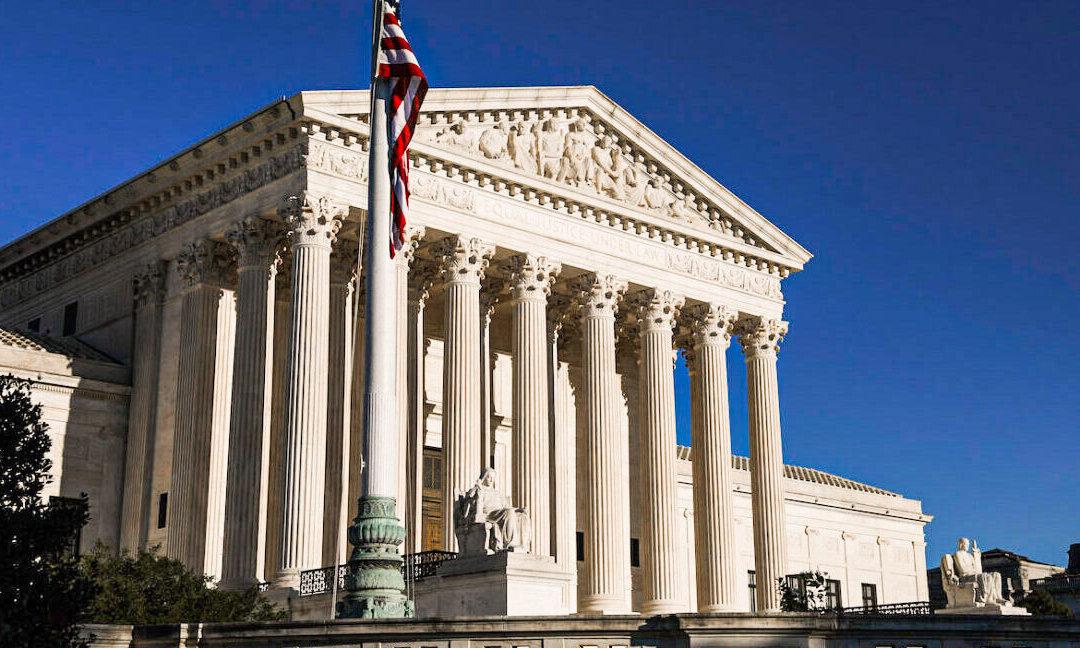Arizona Attorney General Mark Brnovich urged a seemingly sympathetic Supreme Court on Feb. 23 to allow a group of 13 states to defend the so-called public charge rule that screens out potentially government-dependent immigrants, after the Biden administration declined to do so.
The public charge rule, which had fallen into disuse, was revived by the Trump administration in 2019, over vehement left-wing opposition. The rule allowed the U.S. government to reject would-be immigrants who were deemed likely to consume public benefits such as food stamps, housing aid, and Medicaid.





